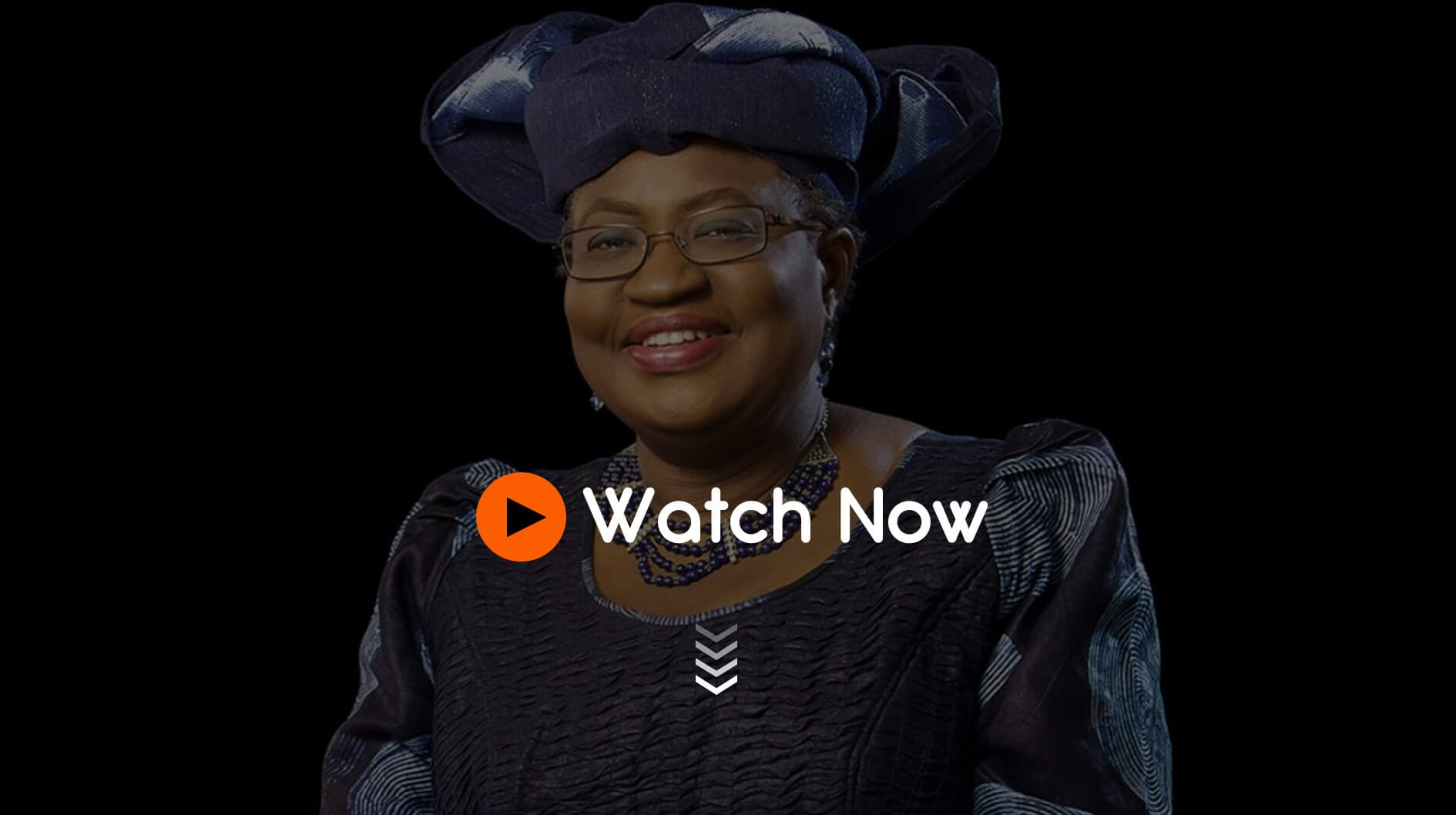
Okonjo-Iweala Speaks on Appointment as Director-General of WTO
Three months after the Trump administration rejected her, former Nigerian finance minister Ngozi Okonjo-Iweala received unanimous backing on Monday to become the first woman and first African director-general of the World Trade Organization.
A self-declared “doer” with a track record of taking on seemingly intractable problems, Okonjo-Iweala will have her work cut out for her at the trade body, even with Donald Trump, who had threatened to pull the United States out of the organisation, no longer in the White House.
As director-general, a position that wields limited formal power, Okonjo-Iweala, 66, will need to broker international trade talks in the face of persistent U.S.-China conflict; respond to pressure to reform trade rules; and counter protectionism heightened by the COVID-19 pandemic.
“What it (the WTO) needs is someone who has the capability to drive reform, who knows trade and who does not want to see business as usual. And that is me,” she said on Monday.
Earlier she said in an interview that her top priority would be to ensure the trade body does more to address the COVID-19 pandemic, calling the disparities in vaccine rates between rich and poor countries “unconscionable” and urging members to lift export restrictions on medical items.
She also expressed confidence that her priorities were aligned with Washington’s.
“I think our interests and priorities are aligned. They want to bring the WTO back to (its) purpose,” she said
The U.S. delegate said that Washington was committed to working closely with her and would be a “constructive partner”.
China’s delegate pledged “full support” for her.
EU trade commissioner Valdis Dombrovskis said he looked forward to working closely with her to drive “much-needed reform of the institution”.
A 25-year veteran of the World Bank, where she oversaw an $81 billion portfolio, Okonjo-Iweala ran against seven other candidates by espousing a belief in trade’s ability to lift people out of poverty.
She studied development economics at Harvard after experiencing civil war in Nigeria as a teenager. She returned to the country in 2003 to serve as finance minister and backers point to her hard-nose negotiating skills that helped seal a deal to cancel billions of dollars of Nigerian debt with the Paris Club of creditor nations in 2005.
“She brings stature, she brings experience, a network and a temperament of trying to get things done, which is quite a welcome lot in my view,” former WTO chief Pascal Lamy said last week. “I think she’s a good choice.”
Key to her success will be her ability to operate in the centre of a “U.S.-EU-China triangle”, he said.
The endorsement of the Biden administration cleared the last obstacle to her appointment and she is due to begin March 1.

